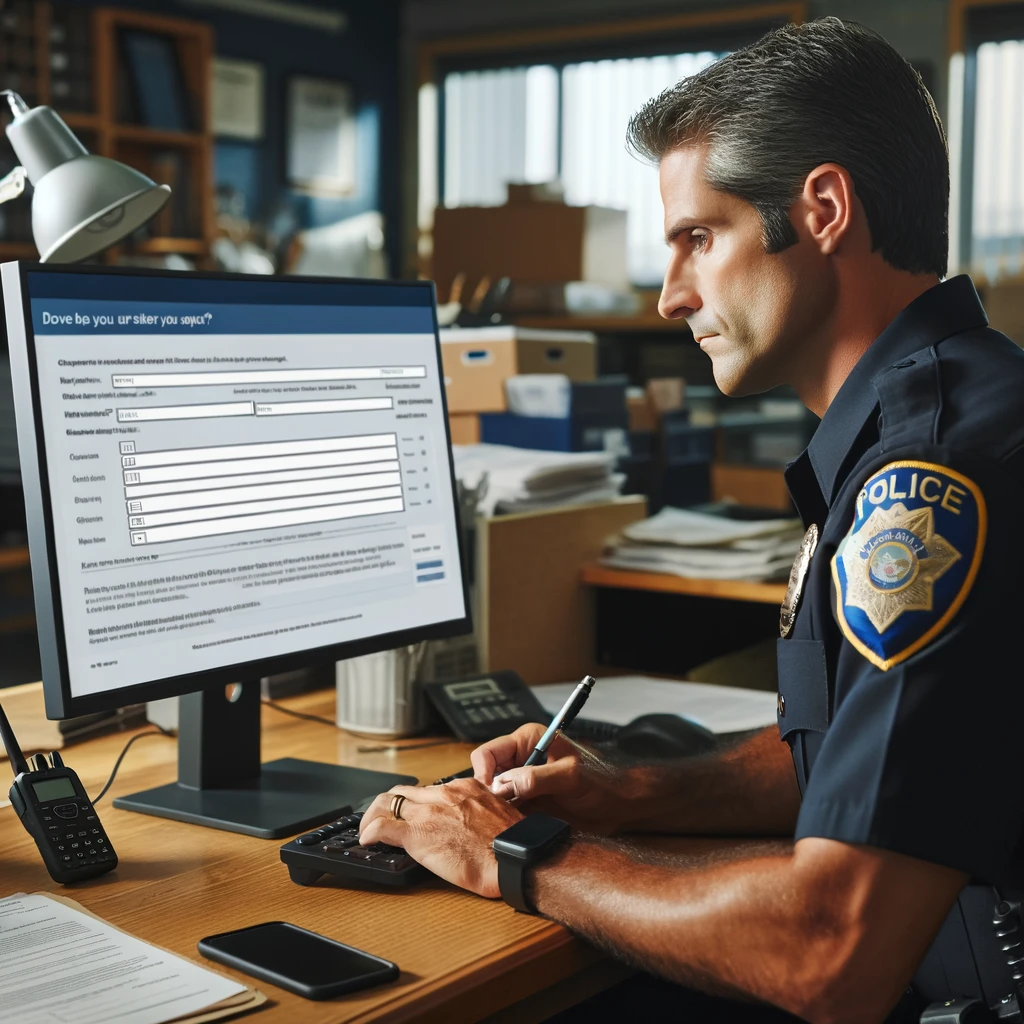Introduction
In the rapidly evolving field of law enforcement, customizable forms have become a critical component of modern policing. These forms provide a flexible and efficient way to collect and manage data, supporting various aspects of law enforcement operations. This blog post explores why customizable forms are essential for modern policing and highlights how Officer Survey can facilitate this process.
The Importance of Customizable Forms in Law Enforcement
- Adaptability to Diverse Needs
Law enforcement agencies handle a wide range of data, from incident reports to personnel evaluations. Customizable forms allow agencies to tailor data collection tools to specific needs, ensuring that forms are relevant and effective for various purposes. - Enhanced Data Accuracy
Customizable forms help enhance data accuracy by allowing agencies to design forms that capture the precise information needed. By focusing on relevant fields and instructions, customizable forms reduce the risk of errors and inconsistencies. - Streamlined Workflows
Customizable forms can streamline workflows by automating data entry, processing, and reporting. This efficiency reduces administrative overhead and allows law enforcement personnel to focus on their core responsibilities. - Improved Compliance
Compliance with legal and procedural standards is crucial in law enforcement. Customizable forms can be designed to include mandatory fields and compliance checks, ensuring that data collection practices adhere to relevant regulations and standards.
How Officer Survey Enhances Customizable Forms
Officer Survey provides advanced features for creating and managing customizable forms, offering significant benefits for law enforcement agencies. Here’s how the platform supports customizable form solutions:
- Flexible Form Design
Officer Survey’s flexible form design tools allow law enforcement agencies to create forms that meet their specific needs. Users can customize templates, add or remove fields, and configure settings to align with departmental requirements. - Integration with Existing Systems
The platform integrates seamlessly with other data management systems used by law enforcement agencies. This integration ensures that data collected through customizable forms is efficiently transferred and utilized within existing workflows. - Real-Time Data Management
Officer Survey supports real-time data management, allowing agencies to access and analyze data as it is collected. This real-time capability enhances operational responsiveness and supports timely decision-making. - User-Friendly Interface
The platform’s user-friendly interface simplifies the process of creating and managing customizable forms. Law enforcement personnel can design and deploy forms with minimal training, facilitating ease of use and quick implementation.
Implementing Customizable Forms Effectively
- Identify Key Requirements
Start by identifying the key requirements for each form, including the information needed and how it will be used. This clarity ensures that the forms are designed to meet specific goals and support operational needs. - Engage Stakeholders
Involve relevant stakeholders in the form design process to gather input and ensure that the forms address the needs of all users. This collaboration helps create forms that are practical and effective. - Test and Refine
Conduct testing of customizable forms to identify any issues or areas for improvement. Gather feedback from users and make necessary adjustments to ensure that the forms are functional and user-friendly.
Conclusion
Customizable forms are essential for modern policing, offering flexibility, accuracy, and efficiency in data collection. By leveraging platforms like Officer Survey, law enforcement agencies can enhance their form management processes, improve compliance, and streamline workflows, ultimately supporting more effective policing and operational success.






